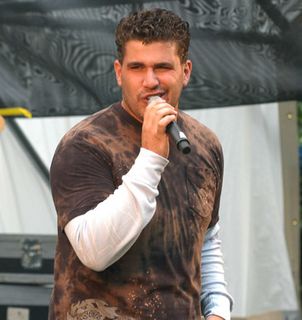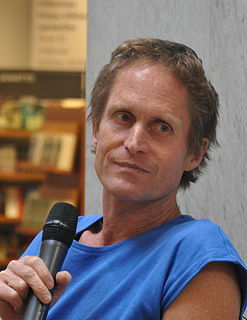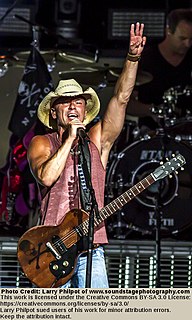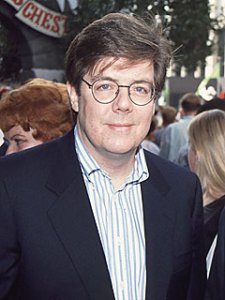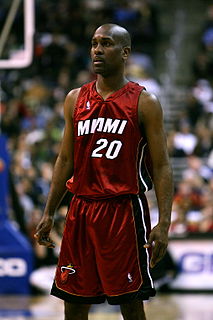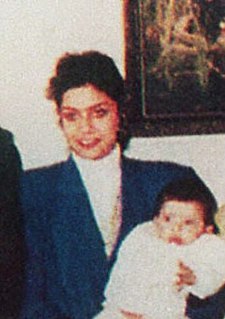A Quote by Josh Gracin
We were young, we were wild, we were restless
Had to go, had to fly, had to get away
Took a chance on that feelin'
We were lovin' blind borderline wreckless
We were livin' for the minute we were spinnin' in
Baby we were alot of things, but we weren't crazy
Related Quotes
Those who were on the inside, the majority that is, for them it had been hard to get his point, mostly they were just pleased that they were on the inside, that they were the fittest. For those on the outside, the fear and abandonment amounts to almost everything; everybody knows that. Understanding is something one does best when one is on the borderline.
We thought that the odds of things working OK were up in the upper 90 percent or we wouldn't have gone. But the - there were some problems cropped up on the flight but was able to take care of those OK and - although they were things that we hadn't really trained that much for. But it was the time of the Cold War and so there were was a lot of pressure on the - to get going and the Russians were claiming that they were - Soviets were claiming they were ahead of us in technology.
My parents were wonderful Christians. They were religious, but they were not fanatical in any way. I was the one who took it to the extreme. I was told in Sunday school that you had to accept Jesus into your heart if you didn't want to go to hell. So of course I did that a thousand times. But the catch was you had to mean it with all of your heart.
After about midday my dad sent cars from his private collection for us. We were told to get in. We had almost lost contact with my father and brothers because things had got out of hand. I saw with my own eyes the [Iraqi] army withdrawing and the terrified faces of the Iraqi soldiers who, unfortunately, were running away and looking around them. Missiles were falling on my left and my right - they were not more than fifty or one hundred metres away. We moved in small cars. I had a gun between my feet just in case.
Go back to the Bible, the Old Testament. I mean there were people who we would call intelectuals, there, they were called prophets, but they were basically intelectuals: they were people who were doing critical, geopolitical analysis, talking about the decisions of the king were going to lead to destruction; condemning inmorality, calling for justice for widows and orphans. What we would call dissident intelectuals. Were they nicely treated? No, they were driven into the desert, they were imprisoned, they were denounced. They were intelectuals who conformed.
